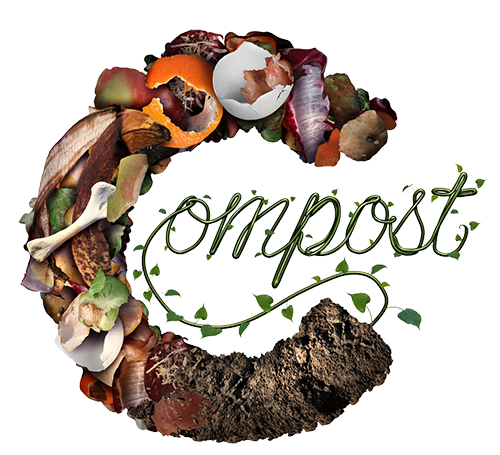What is Bioplastic?
Bioplastics are a large family of different materials. Bioplastics are not just one material. It consists of a very large family of materials with different properties and applications. A plastic material is defined as bioplastic if it is biobased, biodegradable, or both. That is, bioplastics can be biobased or biodegradable, or contain both.

Biobased means that a material or product is partially derived from biomass (plants). Biobased does not mean biodegradable. The biomass expression used for bioplastics means that the product is based, for example, corn, sugar cane or cellulose.
Biodegradation is a chemical process in which microorganisms in the environment transform materials into water, carbon dioxide and compost natural substances without the need for artificial additives. The biodegradation process depends on environmental conditions, such as location, temperature and humidity, material and application. Biodegradation is not related to the source of a material, but rather to its chemical structure. In other words, 100 percent biobased plastics are not biodegradable, but 100 percent fossil-based plastics are.
Bioplastics are driving the evolution of plastic. Biobased plastic products have two important advantages over conventional types:
- It saves fossil resources by using biomass, which is renewed annually and provides unique carbon neutral potential.
- Also, biodegradability is an additional feature of certain types of bioplastics. Provides additional recovery tools at the end of a product's lifecycle.
Today, there is a bioplastic alternative for almost every conventional plastic material and related application. Bioplastics (i.e. plastics that are biobased, biodegradable, or both) have the same properties as conventional plastics, but offer additional advantages. These benefits are reduced carbon footprint or waste management options such as composting.
Our organization always follows domestic and foreign standards, applicable legal regulations and generally accepted practices in certification and labeling studies, and also has a trained and experienced staff and advanced technological facilities. In this context, requesting businesses,It also provides compost certification and C-Label (Compost Labeling) compost labeling services.

Overview
- What is Bioplastic?
- What Are the Types of Bioplastics?
- What Does Biodegradability Mean?
- AS 4736 Biodegradable Plastics - Biodegradable Plastics Suitable for Composting and Other Microbial Processing
- AS 5810 Biodegradable Plastics - Biodegradable Plastics Suitable for Home Composting
- NF T51-800 Plastics - Technical Specifications for Plastics Suitable for Home Composting
- prEN 17427 Packaging - Requirements and Test Chart for Handling Bags Suitable for Processing in Well Managed Home Composting Facilities
- Why Is the Difference Between Biodegradable and Compostable Important?
- Home Compostable Bioplastic Products
- What is the Role of Bioplastics in the Circular Economy?
- What Does Biodegradable, Compostable, and Degradable Mean?
- Compostable or Recyclable, Which Is Better?
- Environmental Sustainability
- Are There Legal Regulations for Compostable Products?
- Composting, A Waste Management Solution
- Awareness of Biodegradable and Compostable Plastics to Protect the Environment
- Biodegradation and Composting
- Sustainable Packaging, Packaging for the Future
- Function of Packaging, Resource from Waste
- Added Value of Compostable Products
- Compostable Packaging Limits the Amount of Food Waste Going to Landfills
- Compostable Packaging Contributes to Quality Compost Production
- Compostable Packaging Reduces Plastic Pollution in Waste Collection
- Compostable Packaging Creates a Simplified Experience for Consumers
- Compostable Packaging is an Alternative Solution to Non-Recyclable Packaging
- Waste Means Food In The Circular Economy
- What is the Role of Bioplastics in the Circular Economy?
- Effect of Microorganisms on Biodegradable Bioplastics
- Are Oxo-Biodegradable Plastics Environmentally Friendly?
- Getting Started with Composting
- How Organic Gardening Reduces Waste in Landfills
- Confusion Between Biodegradable and Compostable
- New Generation Plastics: Compostable Plastics
- Things You Didn't Know You Could Compost
- How Is Cow Manure Composted?
- Advantages of Inline Composting
- Reasons for the Development of the Organic Compost Industry
- Comparison of Composting Methods
- Compost Stages
- Monitoring and Record Keeping in the Composting Process
- Fundamentals of Agricultural Composting
- Mechanical Composting
- How Should Good Compost Be?

